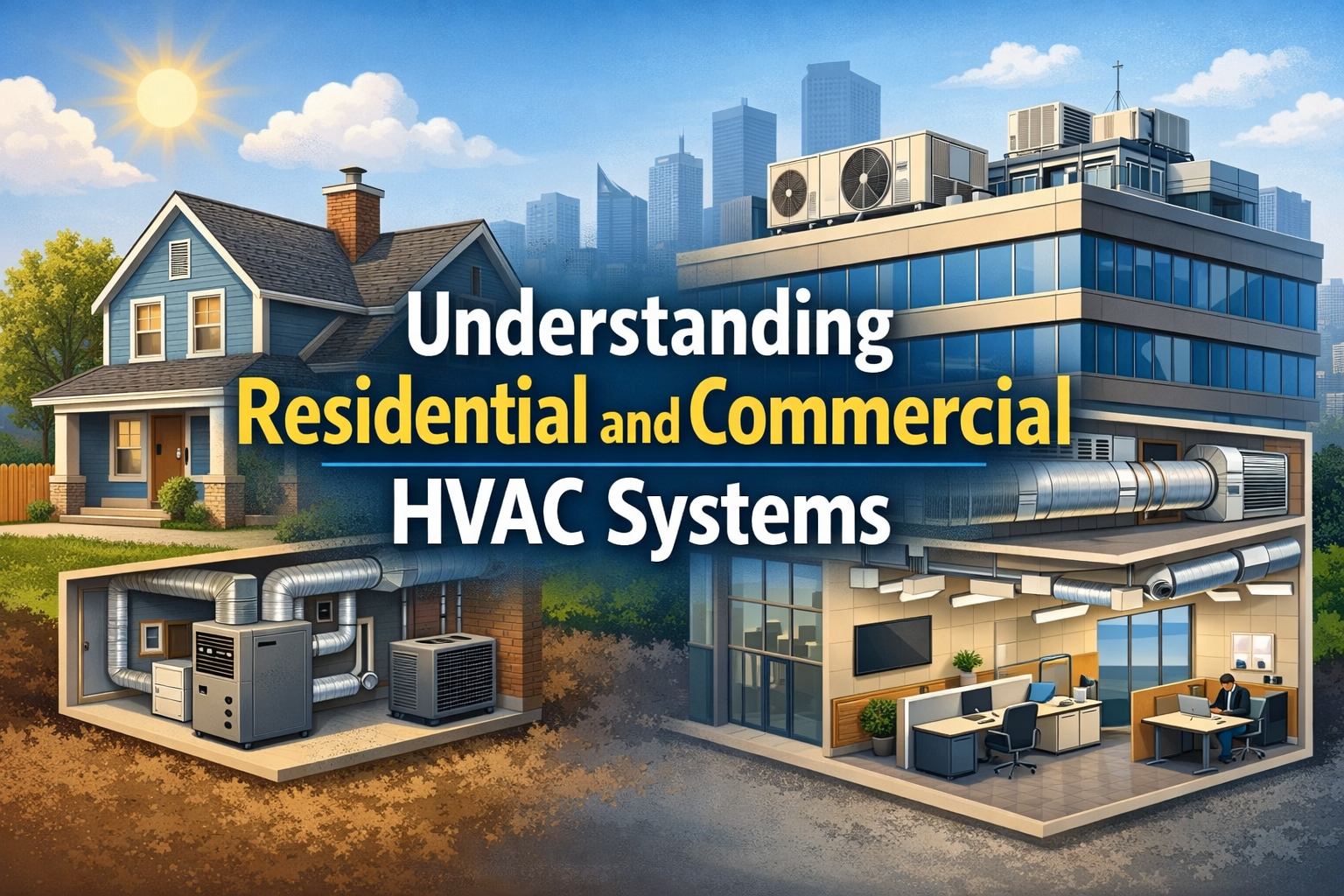The British Virgin Islands (BVI) is undoubtedly among the best offshore jurisdictions globally. Today, it is home to more than 50% of the world’s offshore entities, positioning it as a frontline business hotspot for investors and entrepreneurs worldwide. BVI’s identity as a premier offshore destination stems from its robust business environment, minimal bureaucracy, and investor-support legislation. The BVI offers a range of business structures catering to diverse needs, from seamless global operations to tax efficiency. It is vital to understand these structures inside out, alongside crucial documents, to stay worry-free during the registration process. If you want to learn more about this, the blog can be your ideal resort. So, let’s get started.
Types of Business Structures in BVI
You can access a wide range of structures when it comes to BVI offshore company formation. It is important to note that each structure adheres to distinct legal requirements and has a fair share of merits and demerits. Let’s take a look at them.
- BVI Business Company (BVIBC)
BVIBC is a wise option if you seek a seamless international trade, asset protection, and a cross-border business presence with cost efficiency. Registering this structure is straightforward and does not require complying with a long list of compliance requirements. In the status quo, you can register this structure without a local director and with zero capital requirements. Post-registration compliance is also not cumbersome, as this structure does not require a stringent audit or reporting. Now, the question prevails: who should ideally apply for this structure? While BVIBC suits a wide variety of businesses, the following entities leverage it more aggressively.
- International trading companies
- Holding companies
- Asset protection structures
- Intellectual property holding entities
- Limited Partnership (LP)
While an ideal structure for various purposes, the BVI Limited Partnership is widely used for private equity, venture capital, and investment funds. The setup requirement of LP includes one general partner and one limited partner. One of the notable characteristics of the LP is its tax-free feature that is accessible to businesses sourcing income outside the BVI. From investment fund firms to joint ventures, the the BVI LP is the perfect choice for various business types.
- Limited Liability Company (LLC)
Acknowledged as an improved alternative to the BC, the BVI LLC offers enhanced flexibility and stability management-wise. Since it is a member-based structure, no single member can enjoy the utmost ownership unless otherwise specified in the operating agreement. Speaking of the agreement, this piece of legal paper dictates what management will look like, the roles of members, and the LLC’s operation, alleviating legal disputes among the members. From family-owned businesses to startups, the LLC can be of great value to a wide range of business needs.
- Trusts and Foundations
If you seek asset protection, wealth management, or estate planning, setting up a trust or a foundation can be a great decision. These structures are pretty popular among high-net-worth individuals, businesses with a wide range of assets, and so on. Notably, a BVI trust or a foundation can hold various types of assets (be it tangible or intangible) for years without any legal hassle. These structures present a legal way of dispensing assets among beneficiaries as per the owner’s needs. That said, let’s move to the next section that talks about the documentation.
Basic Requirements for Company Formation in the BVI
- Company name must be legally robust and end with the mandatory suffix, such as “Ltd.”, “Corp.”, or “Inc.”)
- Appoint a certified agent or a service provider to cater to the incorporation legalities.
- Memorandum and Articles of Association: Your agent can help you draft these.
- Presence of a business place is vital; you must provide the authority, i.e., the BVI registry, with the address proof.
- Ensuring “Economic Substance” is essential to materialize your existence in the BVI.
Documents Required for Incorporation in BVI
Depending on the structure you choose, the following documents may come into light. Ensuring their accuracy and legitimacy is vital to staying stress-free during the incorporation process. Anyway, here is what you need to get started:
- Director Details – Name, address, and consent of at least one director.
- Shareholder Details – Name, address, and share allocation for each shareholder.
- KYC (Know Your Customer) Documents –
- A passport copy of the directors and shareholders
- Proof of residential address (utility bill, bank statement)
- Professional reference (sometimes required)
- A passport copy of the directors and shareholders
- Due Diligence Forms – To comply with Anti-Money Laundering (AML) regulations.
For Limited Partnerships or LLCs, an LP Agreement or Operating Agreement will also be required.
Step-by-Step Process of Incorporation in BVI
Here is what you need to do to incorporate your venture in the BVI:
- Depending on your business needs and compliance requirements, choose BVIBC, LP, LLC, or Trust.
- Make your way to the BVI company registry to verify if the proposed name is available for registration. If not, consult a professional.
- Draft basic paperwork, such as MoA, AoA, operating agreement, etc, depending on the structure.
- Partner with a certified agent, as it is part of the compliance.
- The agent will file the required documents with the BVI Registry of Corporate Affairs for assessment.
- The authority shall vet the paperwork for compliance, and if everything checks out, it will grant the incorporation certificate.
- Lastly, open a corporate bank account with a legitimate bank and keep track of the post-registration compliance.
The British Virgin Islands offers entrepreneurs benefits such as tax neutrality, confidentiality, and global recognition. However, the key lies in selecting the structure that aligns with your needs. You can seamlessly navigate legalities concerning the offshore company registration with the proper understanding of these structures and documents.






